![Troublemaker removed from a plane (image used for illustrative purpose) [Shutterstock] Troublemaker removed from a plane (image used for illustrative purpose) [Shutterstock]](https://static.netnaija.com/i/vWaq3ZpyKrk.webp)
The Russian government is considering introducing breathalysers at airports to prevent intoxicated passengers from boarding planes.
The initiative, presented by the State Duma Committee on Regional Policy, is a response to the growing number of incidents involving drunk passengers on board planes, which often lead to forced landings.
As Izvestia writes, the limit norm will be the blood alcohol content above 1.5 per mille, which is considered severe intoxication.
Alexei Didenko, head of the State Duma committee on regional policy and local self-government, addresses this proposal to the Minister of Transport, Vitaly Saveliev. Didenko emphasises that the introduction of breathalysers will improve flight safety and prevent conflict situations related to inappropriate behavior of intoxicated passengers.
"The introduction of a new rule will solve many conflict situations when a passenger claims that he is not drunk, but employees of the responsible services decide not to let him on board based only on external signs," we read in the Izvestia document.
Didenko emphasises that this is not about universal testing. Only the airline or security service will have the right to offer the passenger to undergo such a test, and the passenger may agree to it or not. If the passenger turns out to be sober, the test will protect him or her against illegal actions of the responsible services.
Oleg Panteleev, executive director of the Aviaport agency, believes that the initiative is important. "Reducing the number of cases of forced landings and flight delays due to the actions of troublemakers will have a positive impact on the economy of air carriers and, of course, will minimise the discomfort of other passengers," explains Panteleev.
At the same time, Panteleev notes that the introduction of this initiative will require defining a clear mechanism for its implementation. The cost of purchasing breathalysers is low, but assigning airline or airport employees to the checks is a more complicated issue.
Oleg Pavlov, head of the Public Consumer Initiative, believes that the implementation of the proposal should be approached carefully. In his opinion, it would be better to tighten penalties for disrupting flights and even consider it a crime.
Fyodor Borissov, head of the analytical center of the State Civil Aviation Research Institute, believes that the proposed measure is reasonable, but it is necessary to look at the statistics of such cases and estimate the administrative costs.
"The idea is good, but without a clear mechanism for implementation and assessment of costs and benefits," says Borissov.



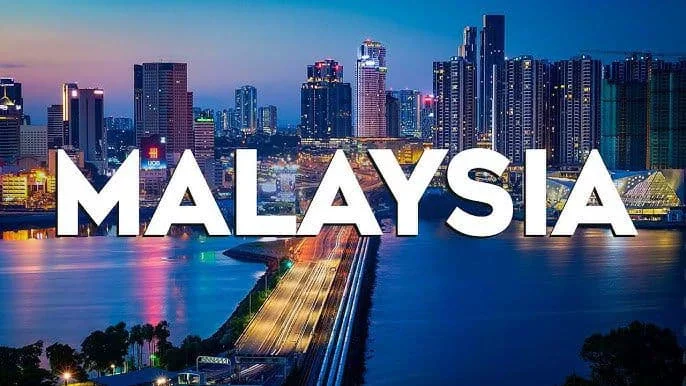

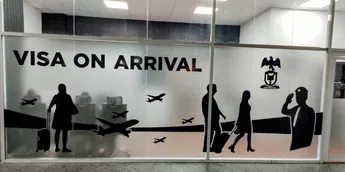
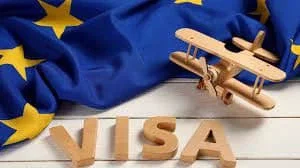



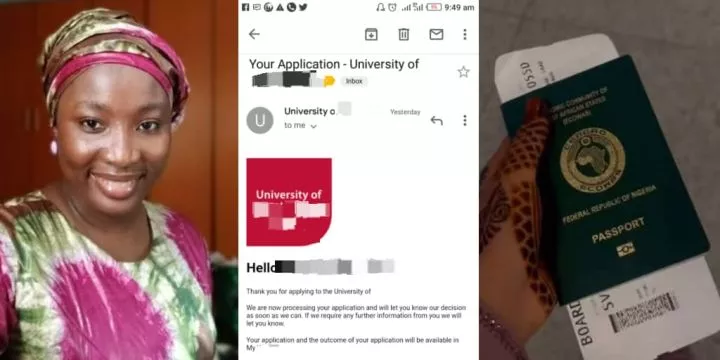


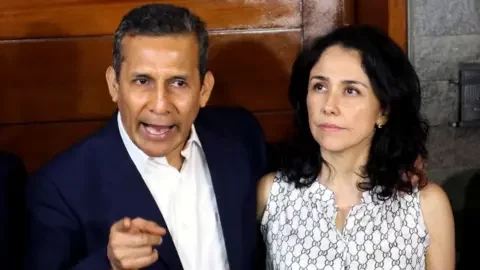



Comments